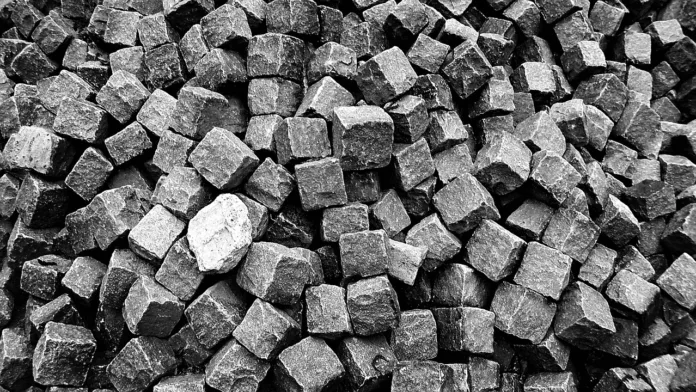In recent years, there has been an increasing focus on sustainability across the world. There is a growing realization that the world is on the brink of a climate catastrophe. The mass release of CO2 and greenhouse gasses by humankind is now recognized as contributing to global warming and climate change. The world has witnessed extreme weather patterns (such as storms and droughts) becoming more frequent across the planet. In addition, many countries have experienced some of the hottest summers on record in recent years.
Adopting sustainable practices (such as recycling used materials and searching for products that have been created with low environmental costs) can be a key way to reduce reliance on the creation of new products and materials, helping to lower CO2 emissions. In this article, there is a focus on building sustainable processes when dealing with demolition waste. Some key strategies will be explored that allow sustainability and concern for the environment to take on increased prominence across all demolition jobs.
Audit the waste
For any demolition work, there will be waste materials that are produced. It is incredibly important to conduct a thorough audit of this waste. Put simply, you should have a clear idea of all the materials that will be produced from the demolition work. These may include concrete, soil, sand, and other building materials. Make a comprehensive list of every type of material that will be produced. Your team should then investigate what recycling facilities exist to process this waste. Remember that concrete can account for around 85% of all construction waste. Concrete production involves releasing significant amounts of CO2, so this valuable material must be collected and recycled. It can even be sold to other construction firms if it has been suitably processed.
Use screeners to separate the waste
One key piece of equipment in the construction industry is the screener. This is used to sort materials and separate debris from them, leaving a product that can be used in other projects. For example, when a building is demolished, a rock screener can be used to separate the rubble and concrete into specific sizes and free any unwanted debris from the material.
Screeners can work with predetermined sizes of materials, allowing a useful product to be gained from the waste. This can be sold on to other firms or third-party merchants in bulk. In short, this is a key way to convert unwanted waste materials into a usable product for future construction projects.
Using skips
Finally, if your demolition site is a large-scale operation, you will likely have significant volumes of waste materials to process or send for recycling. Using a range of different skips can allow you to effectively sort your waste materials in bulk. They can then be transported to dedicated recycling facilities or stored before being reused. Many skip firms will have agreements with recycling centers and will be able to accept a wide range of building materials. Always choose a reputable skip-hire firm that will work with dedicated recycling centers. This will ensure that the waste materials do not end up in landfill sites and can be reused to provide materials for new construction projects.

